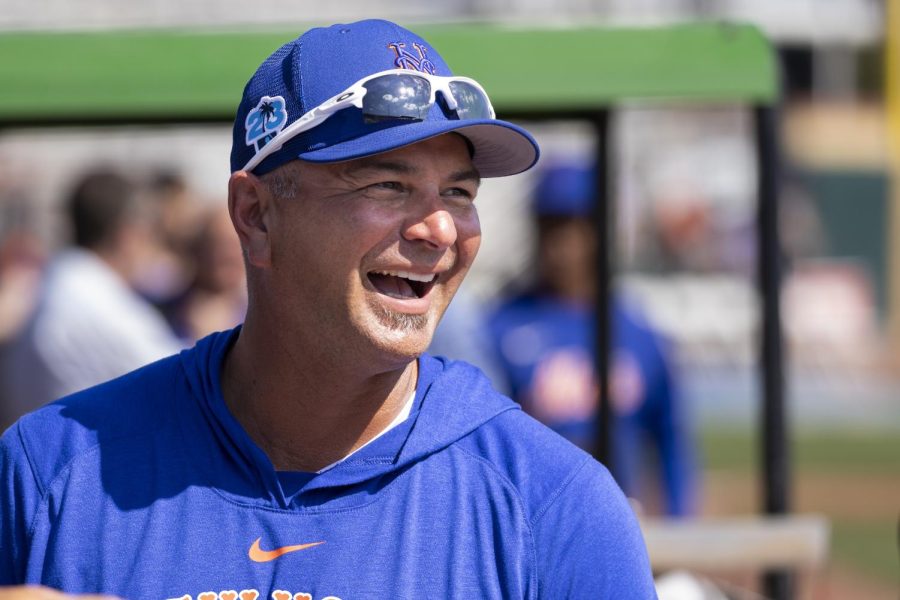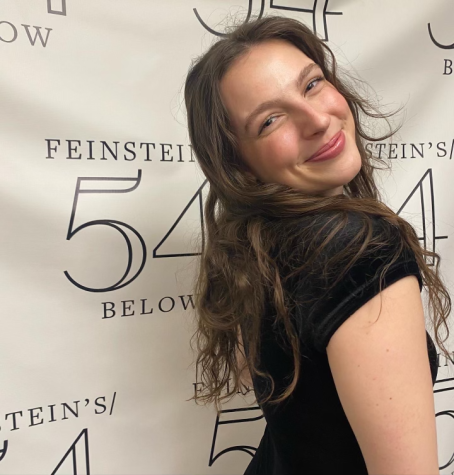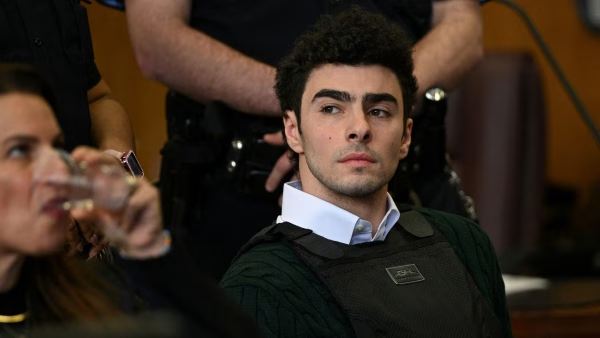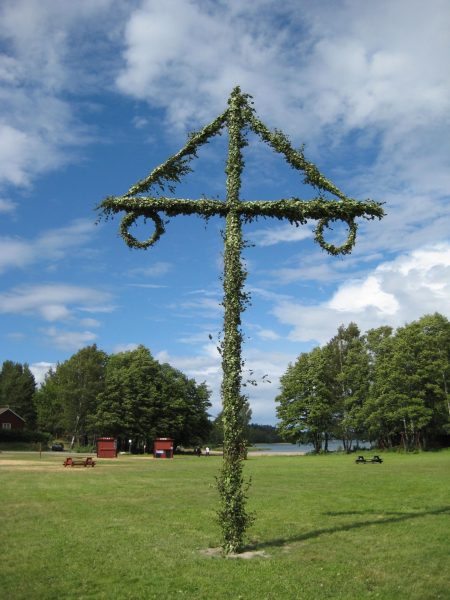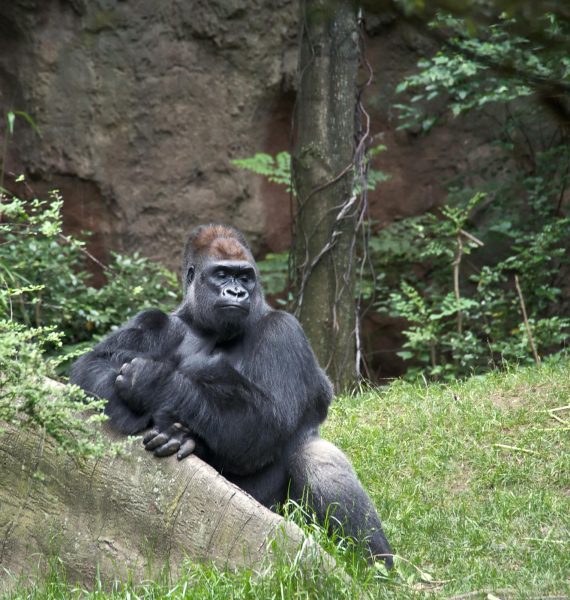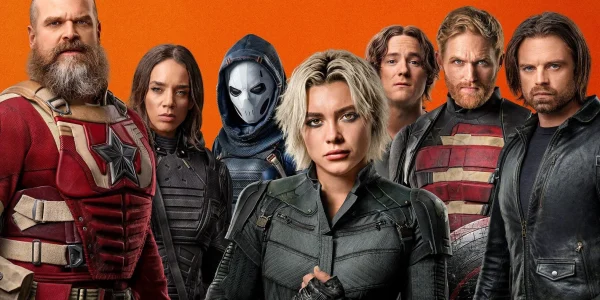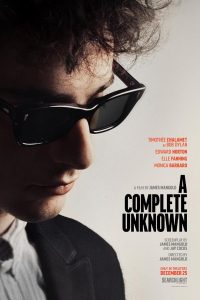The MLB through the eyes of Eric Chavez
April 27, 2023
After being eliminated in the first round of the playoffs last year, the New York Mets decided to make some changes to their staff during the offseason. One of these changes involved promoting MLB veteran Eric Chavez, winner of six consecutive Gold Glove Awards and a Silver Slugger Award, to bench coach.
Chavez spent the majority of his playing career as the third baseman on the Oakland Athletics before wrapping up his final seasons with the New York Yankees and the Arizona Diamondbacks. Now, he finds himself back in New York, but with a different organization and a new title. Last year, Chavez served as the hitting coach for the Mets–he was kind enough to chat with me about the details of this transition, share his experiences as both a player and a coach and give us an inside look at life inside the Mets clubhouse.
Can you tell me about the specifics of your job with the Mets and what taking on this role has been like for you?
I’m in communication with players about things like if they’re playing in a game or not and what possibly might come up during a game, but I also have communication with the other team as far as certain moves that might happen with the roster–it’s a lot. I help Buck [Showalter, manager] navigate certain situations during a game and weigh the pros and cons of the decisions we need to make.
It’s been interesting because this is my first year in this position. Prior to last year, I’d done a lot of front office stuff, but this is my first couple years of actually coaching, and I’m pretty lucky to be working alongside a manager who has been in this game for a really long time and is basically known to be probably the most prepared manager in all of sports. I honestly feel really lucky to be working alongside him–I’ve got to be honest with you, before I even took this job, when I looked at the bench coach role it was the one job that I felt like I wasn’t prepared to do. I felt like I could slide into any kind of coaching role, but the bench coaches that I have known, that I’ve had in previous years, were extremely smart. I never saw myself as a fit for this role, but knowing that Buck is there and that I’m learning under him gave me a lot of comfort.
You’ve spent time both playing and working for the Yankees, but this is your second year with the Mets. Why do you think this organization is a good fit for you?
I feel like this is a great fit for me…I think you’d have to ask the Mets organization if they feel equally from these last two years. When I was with the Yankees, they were one of the best organizations, and I feel like they have a really good hold on New York City as their fanbase, so we’re often competing with that. When I first came to the Mets, the organization didn’t have the best reputation as a whole, but our owner (Steve Cohen), has really turned it into one that’s better than first class. It’s easy to spend money on players, but there are teams that spend tons of money on players and still don’t have the foundation to sustain a winning culture. We have a team now that is able to compete, good players that are easy to market and easy to help you win, ultimately the World Series, but the foundation is what’s most important. It’s about the little details, like [Cohen] and his wife wanted to have the best child-care family room for the Mets players and their kids–it’s a minor detail that no one would ever hear or talk about, but it goes a long way.
If I ever have to leave this organization, it’s going to be really tough. The things that come with it…I’ve never seen anything like it. I feel really privileged to be part of it right now.
How do you think your experience as a player has shaped your perspective as a coach?
It’s interesting because you may be talking about the same subjects, but you do things completely differently, you see the world differently, and so I’ve had to adjust to that this year tremendously. I see the game differently, I’m looking at different stats, my mind is having to think about things that I’ve never had to think about before. In the past, I kind of anticipated that and I think originally that was my trepidation about jumping into this role, but like I said, being with Buck has given me such a comfort in taking a role that I wasn’t 100 percent comfortable in.
Having the background as a player opened the door, but there has to be substance. The players need to know that you really want to help them out, it’s not enough to just be like, “Oh hey, I played for 16 plus years, listen to what I say.” You have to have the ability to connect with them that goes a lot further than how long you’ve played. I care a lot about my relationship with the players–I just have a lot of respect for the game and what players have to go through, understanding what it’s like to raise a family, to be away from home, …to travel and live out of a suitcase. The reason I always wanted to coach was because I felt like I had experience in that. Nice planes and awesome food–that’s the glamorized part of professional sports–but there’s another side to it that I felt like with my experiences, I’m in a position to help players out, and that’s really my main goal. It’s tough to perform in this atmosphere, there’s a lot of pressure and a lot of money on the line. I’ve been able to have different outlooks and experience things on both a professional and personal level.
When you were playing, did you ever think you’d end up on the other side of it one day? Was this part of your plan?
I didn’t think about that in my 20s, but when I got to my 30s…I think it’s pretty natural, though, you kind of start thinking “I’m going to retire when I’m 35, what am I going to do for the next 20 years?” So when I went to play for the Yankees, the assistant general manager [Billy Eppler] grew up in San Diego about 20 minutes from where I grew up, so we had this connection…He told me, “When you’re done, I’m going to call you and we’re going to work together” and I didn’t really think much about it. Then about four months after I retired, he called me and I went to work for the Yankees for a year, and that’s kind of like where this whole thing started. [Eppler] asked me what I wanted do to and I didn’t know, so he said, “This is what I’m going to do, I’m going to turn you into a Swiss Army Knife of baseball–I want you in coaching, I want you in scouting, I want you in development, I want you to go see players in Latin America.” He put me in all these things, and I’m so grateful because now there’s no job in baseball that I’m not prepared to do.
I had no idea what I wanted to do and it was a little bit uncomfortable for me, but what a great opportunity just to see what the front office is like, what the ownership is to be around players. It’s about whatever your passion is–if I look back and think about what I enjoyed the most out of everything I was doing, it’s always been working with the players. It was kind of something that was natural and I played with a lot of really good players, been around a lot of good coaches, and the players that I grew up with kind of wanted to stay and teach the new players coming through about their experiences or whatever knowledge that they had to pass on. It’s not a duty, but maybe an honor just to pass along some of the knowledge that I have. I felt like a lot of people had helped me along the way and that’s something that means a lot to me.
What do you enjoy the most about coaching?
Watching the guys accomplish what they want to accomplish. You know, you can help out in so many ways, it’s not just the technicality or the mechanics of baseball. There’s other things that can help propel guys to perform, and I know this because I had other individuals help me do the same. It wasn’t always just about how to throw or hit a baseball, there were other aspects that came into it whether it be how you prepare, the energy you bring in, being optimistic, and there’s a lot more players that have mental relapses, but you can pass through that. To me, the mind is really really powerful. I know the mechanics of baseball and how to do this and that, but to me, the real work is what I call “under the hood;” checking the engine under the hood, which is the brain. I think in sports there’s an untapped wellness in the mind that I try to aim for first.
What has been your longest winning streak, and what’s the key to keeping one? On the reverse side, how do you deal with losing streaks in such a long season?
The most games I’ve won in a row is 20–I think that might have been in 2003 with the A’s. The most games I’ve lost has to be somewhere like eight, nine or ten in a row, which can very easily happen in a baseball season. For the winning streaks, like 20 games in a row, the key ingredient is a lot of luck. But dealing with winning streaks and losing streaks is another thing I felt like I was really good at and why I thought I would be good at coaching or managing. I hate losing more than I like winning, so something I had to learn at an early age is that you can’t take the losses home and take that depression with you. Once the game is over, you shower, you get something to eat and you move on. Even if you have a good game, you have to go to bed and do the whole thing over again, and that’s what makes baseball so hard.
Each sport has its own physical kind of toughness that you’ve got to deal with, but when you talk about baseball, you’re not going to bed till 1:00 a.m. and you wake up for a day game at 8:00 a.m. the very next day, then you jump onto a plane and go to a different time zone. I have an admiration for what all players go through…but there’s nothing like the mental, physical grind of a baseball season. Last year, I had never been so physically tired in my life, and I used to do it all the time. When you’re a player, there’s no explaining how to do it, you just do it. It just goes to show how strong people are and what we can do when we really put our minds to things. It’s tough to endure for eight months.
What’s a moment in your playing career that you’re most proud of? What about your coaching career?
Winning 20 games in a row was a big one. Also, when I was with the A’s, there was something about being the underdog that I enjoyed. We always had a really low payroll and we’d play teams like the Yankees who have a big payroll–winning games when we weren’t supposed to win was always exciting.
But last year, coaching and winning 101 games–I think that might only be the third time that’s ever happened to me. We won the same amount of games as the Atlanta Braves, but they won the division because they beat us during the season more times than we beat them. This is something that’s very rare, and for us to do that last year when it was kind of the first year of the team coming together…that normally doesn’t happen. Again, you can spend a lot of money on players and that still doesn’t mean you’re going to win games, but we feel like we have a really good group that challenges each other, they play for each other–we have a special Clubhouse. I think that’s going to hold well for the next few years; it just makes it a lot of fun when you have a good working environment.
How do you go about topping a season like last year’s, especially when it feels like you did everything right in the regular season?
You just have to have a short memory in sports. As a professional athlete, you kind of live in a bubble: it’s all about you, people are telling you how great you are. Then you stop playing, and you realize the sport really doesn’t need you–we’re kind of visitors in this whole thing. It’s not about having one good year, and it’s not just about winning the World Series. It’s about making sure the organization is going to be competitive year in and year out, and hopefully you win while you’re at it. When you look at the Yankees, they haven’t won a World Series since 2009, but they go in and expect to win every year. If you only win that one year and can’t repeat that, well you aren’t really accomplishing anything. That’s why building the foundation is so important. You’re not guaranteed anything–we can make the playoffs this year and lose in the first round again, then we’re going to have to start it up next year and do the whole thing all over again. There’s only one team who reaches the top of the hill, but even for those teams, in three months they’ve got to dial it up again and get ready to do another season. The show keeps going if you fail or if you win, it never stops.
What would you say was the biggest factor in prohibiting you guys from going all the way last season and how do you intend to change that this season, assuming the Mets make the playoffs?
You have to be able to identify what your strengths and weaknesses are. There’s different aspects of the game–there’s pitching, there’s bullpen, there’s offense– that are hard to quantify, but you need to be really good in a lot of those areas. If you have a strength and you build a team around it, then you go into a series and another team takes down your strength, you feel a little bit vulnerable. We had times last year where we felt like our starting pitching was it: that was our one bullet to run through some of the better teams, referring to the Padres, the Braves, the Astros, the Dodgers, the Yankees. When you don’t accomplish those victories with your strengths, it’s very difficult to overcome the other aspects that you’re probably not as strong in, even though we had a very good team and we won a lot of games. You know, it all changes so much and it’s so early in the season, I actually don’t know. Baseball moves fast, so I guess we’ll see.

